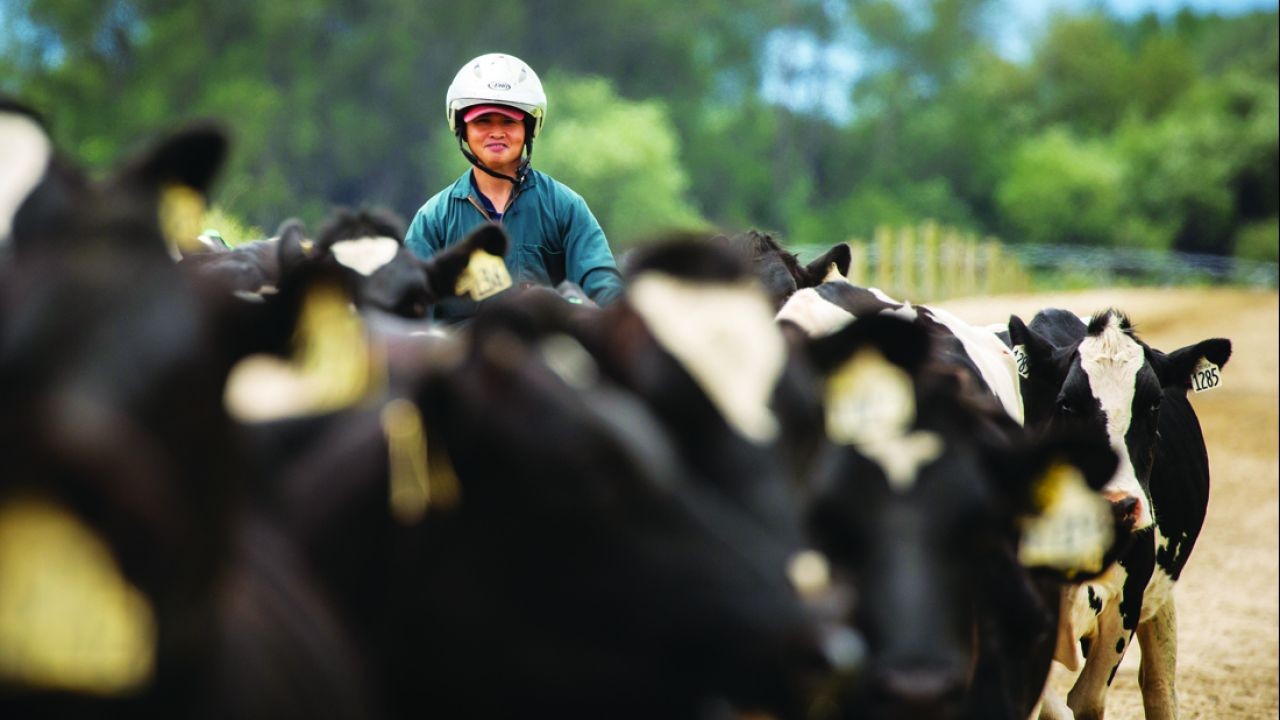Transitioning from urban to rural living in New Zealand is an aspiration for many Kiwis seeking a lifestyle change, driven by the allure of peace, community, and nature. However, this shift is far from simple and requires careful planning and understanding of the local context. New Zealand's unique geographical and economic landscape presents both opportunities and challenges in making this transition.
Understanding the New Zealand Context
New Zealand's economy has a strong agricultural backbone, with rural areas contributing significantly to the country's GDP. According to the Ministry of Business, Innovation and Employment (MBIE), the primary industries, including agriculture, forestry, and fishing, contributed NZD 12 billion to the economy in 2022. This makes rural areas not just idyllic retreats but also vibrant economic centers. However, the shift from urban to rural requires navigating different social, economic, and infrastructural dynamics.
Expert Opinion & Thought Leadership
Dr. Helen Roberts, an economist at the University of Otago, emphasizes the importance of understanding local economies before making the move. "Rural areas offer a different set of economic opportunities and challenges. It's crucial to engage with the community and understand the local market dynamics," she notes. This is echoed by trends in rural entrepreneurship, where innovation is key to leveraging the unique resources of these areas.
One emerging trend is the rise of agri-tech and sustainability-focused startups. For instance, companies like Robotics Plus in Tauranga are pioneering agricultural automation technologies. Such innovations not only provide job opportunities in rural areas but also attract urban professionals looking to invest or work in sustainable industries.
The Pros and Cons of Urban to Rural Transition
Pros:
- Cost of Living: Rural areas typically offer lower housing costs compared to urban centers like Auckland or Wellington, providing more space for less money.
- Quality of Life: The proximity to nature and reduced noise pollution contribute to a healthier lifestyle.
- Community Connection: Smaller communities often mean stronger social ties and a greater sense of belonging.
- Economic Opportunities: Growing sectors like agri-tech offer new business and employment prospects.
Cons:
- Limited Services: Access to healthcare, education, and amenities can be more restricted compared to urban areas.
- Employment Opportunities: Fewer job options might necessitate remote work or commuting.
- Infrastructure Challenges: Internet connectivity and transport can be less reliable in rural regions.
- Cultural Adjustment: The transition to a slower pace of life can be challenging for those used to urban hustle and bustle.
Real-World Case Studies
Case Study: Robotics Plus – Revolutionizing Agri-Tech
Problem: Rural farms faced labor shortages and inefficiencies in production processes.
Action: Robotics Plus developed autonomous robotic systems to optimize farming operations.
Result: Farms using these systems reported a 30% increase in productivity and a 20% reduction in labor costs.
Takeaway: Investing in agri-tech can mitigate employment challenges and enhance rural economic viability.
Case Study: Transitioning to a Sustainable Lifestyle
Problem: An urban family sought a more sustainable and self-sufficient lifestyle.
Action: They moved to a rural property and implemented solar energy systems, organic farming, and rainwater harvesting.
Result: The family reduced their living costs by 40% and achieved energy independence.
Takeaway: Sustainable practices are not just environmentally friendly but economically beneficial in rural settings.
Common Myths & Mistakes
Myths
- Myth: "Rural living is only for retirees." Reality: Rural areas offer vibrant business opportunities, attracting young entrepreneurs and families.
- Myth: "Internet connectivity is always poor in rural areas." Reality: Broadband initiatives have significantly improved connectivity in many regions.
Mistakes to Avoid
- Neglecting to research local economic conditions can lead to financial instability. Use resources like Stats NZ for data insights.
- Underestimating the impact of cultural adjustment can result in social isolation. Engage with local communities early on.
Future Trends & Predictions
By 2030, it is predicted that rural areas will see a 25% increase in population as urban dwellers seek sustainable living solutions. According to a report by NZTech, advancements in technology will further integrate rural economies into the national and global markets, enhancing both quality of life and economic opportunities in these areas.
Conclusion
Transitioning from urban to rural living in New Zealand presents both challenges and opportunities. By understanding local dynamics and leveraging technological advancements, individuals and families can successfully navigate this transition. Whether driven by economic opportunities or lifestyle changes, rural living offers a unique and fulfilling alternative to urban life.
Ready to make the move? Start by visiting local communities and attending rural business expos to gain firsthand insights!
People Also Ask (FAQ)
- How does rural living impact employment in New Zealand? Rural living can limit access to job opportunities, but sectors like agri-tech are growing, providing new employment avenues.
- What are the biggest misconceptions about living in rural New Zealand? A common myth is that rural areas lack modern amenities. However, many regions have improved infrastructure and connectivity.
- What strategies can ease the transition from urban to rural living? Engaging with local communities and leveraging technology for remote work are key strategies for a smooth transition.
Related Search Queries
- Urban to rural living NZ
- Rural employment opportunities New Zealand
- Agri-tech startups NZ
- Cost of living rural New Zealand
- Sustainable living in NZ
- New Zealand rural broadband connectivity
































JulienneCo
9 months ago